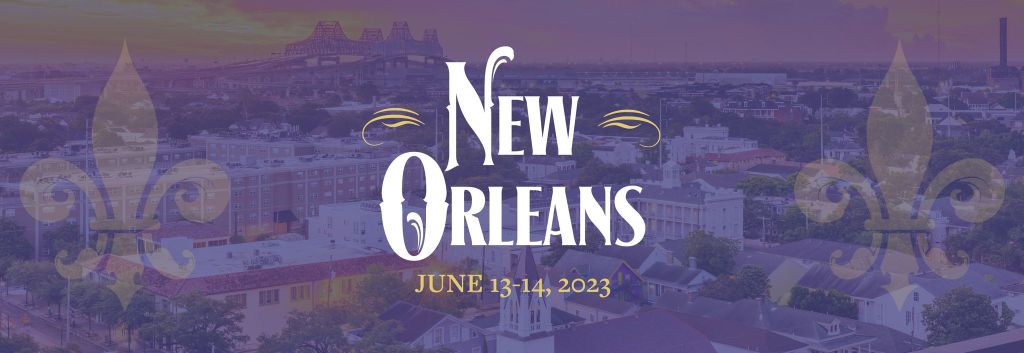
I am a firm believer in short term mission trips. I served on staff with a church that had an active investment in missions in the states and overseas. I was able to go to Haiti, Honduras, and Kenya while I served there. At the church I pastor now, we’ve also had a very healthy and active commitment to missions all over the globe. Since coming here five years ago, I’ve been able to go to Thailand and Ukraine. Our church has had partnerships in heavy immigrant populations of New York City, as well as multi-year commitments in Pittsburgh and Honduras. I’m so grateful for the variety of trips and roles I’ve been able to serve while on short term mission trips. As I’ve reflected on my most recent trip to Ukraine, I’ve jotted down a few reasons I believe firmly in the value of short term mission trips.
Mission trips focus the church on gospel work.
It’s tempting to get distracted or busy by rhythmic ministries. Short term mission trips stateside and international refocus the church on taking the gospel with them to those who don’t know Jesus.
Certainly we must take the gospel across the street. If we aren’t gospel centric in our own backyard, what we do somewhere else won’t matter as much. And yet I’ve found that the intentionality of a mission trip can help me (and us) focus the gospel centrally before all we do.
Mission trips invite the whole church’s participation.
Some go, others send, and all can pray. Just as mission trips focus the church on the gospel, they also give the whole church a chance to participate through giving and prayer.
I spoke with one of our senior adults after returning from Ukraine recently. She shared her joy when she could go on our trips in the past, and then she acknowledged that her season in life required her to stay with her aging husband. Not every mission trip is for every person. Certain seasons in life rightly limit who can go. And, all of us will eventually age out of traveling on mission. But all of us—the youngest to the oldest—can participate in support and prayer.
Mission trips are faith stretchers.
From raising funds to stepping out of your cultural comfort zones to doing out of the norm missional work, every mission trip tests your faith.
Important faith questions surface in the preparation and going stages of mission trips. Am I supposed to go? How will I pay for the trip? What will my role on the team be? How will I handle language and culture challenges? Am I prepared to share the gospel? What will I do when the unexpected happens?
On my most recent mission trip, I was leading a team with my wife to Ukraine. One of our team members got sick and almost required medical treatment. I assure you I prayed like I hadn’t prayed before on that trip (and I had been praying a lot). Short term missions shake up your routines and invite God to strengthen your faith.
Mission trips help deepen relationships among church members.
When you room with people who aren’t in your family or travel in close spaces for days at a time, you are going to get to know one another better. When you pray together, serve together, and see God move together, it deepens your affection and appreciation for one another.
Mission trips are the fertile soil for God’s call to lifelong missions.
In Ukraine, we worked with Alicia Jones. She’s a missionary with Baptists on Mission and has been serving the Roma people in Romania, Hungary and Ukraine for 11 years. She was called to a lifelong commitment to missions on a short term trip to that region.
I’ve heard that type of testimony over and over. Not all of us are supposed to go overseas for a lifetime, but some are. Short term trips—unlike any other type of ministry—give opportunity for God to crystallize his call in those he will send to the corners of the earth.
Mission trips, especially international ones, serve as helpful mirrors to see our own cultural blind spots.
We can’t help but be influenced subtlety by the world we live in. When we travel where the culture is different, it can help us see our own more clearly.
I’ve been in countries that had a much higher sense of manner and respect for others and ones that had a much lower sense of respect. I’ve been in places where hierarchy and power ruled the day. I’ve stayed in the bush, I’ve gone without indoor plumbing, I’ve seen people bath in ditches, and I’ve eaten strange foods served to me.
The discomforts of overseas helps me reckon with just how used to my American comforts I can be. Even more importantly, I have been reminded of just how blessed we are in the US with a saturation of biblical knowledge when I’m in places where the Word is poorly known or taught.
Each time I travel on mission, I’m aware of just how much God still needs to do in me and how easily I can put myself first.
I love the personal and spiritual shake up a short term mission trip provides. I love watching God work in and through others in faith stretching ways. I love being refocused on the gospel and it’s life giving life transforming power.
I’ll make a habit of short term trips. What about you? Does God want you to go?






 Every spectrum of life and work has been affected by this virus. Our economy has been turned upside down. The U.S. government has taken unprecedented steps to stem the impact on our economy. Blue collar, white collar, unemployed, and retired collectively hold their breath with a “wait and see” on the long term impact on job security, flow of income, or retirement.
Every spectrum of life and work has been affected by this virus. Our economy has been turned upside down. The U.S. government has taken unprecedented steps to stem the impact on our economy. Blue collar, white collar, unemployed, and retired collectively hold their breath with a “wait and see” on the long term impact on job security, flow of income, or retirement.

 The world is unsettled. Everything is different than the “normal” of a mere few weeks ago. In the county and state where I live, we’ve gone from gathering limitations of 100, to 50, to recommending 10 or less, to staying at home. Each decision has been marked with a great desire to stem the pace of this virus’ spread.
The world is unsettled. Everything is different than the “normal” of a mere few weeks ago. In the county and state where I live, we’ve gone from gathering limitations of 100, to 50, to recommending 10 or less, to staying at home. Each decision has been marked with a great desire to stem the pace of this virus’ spread.